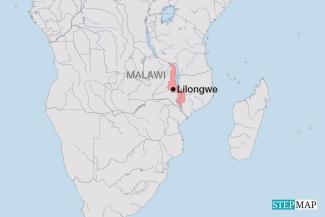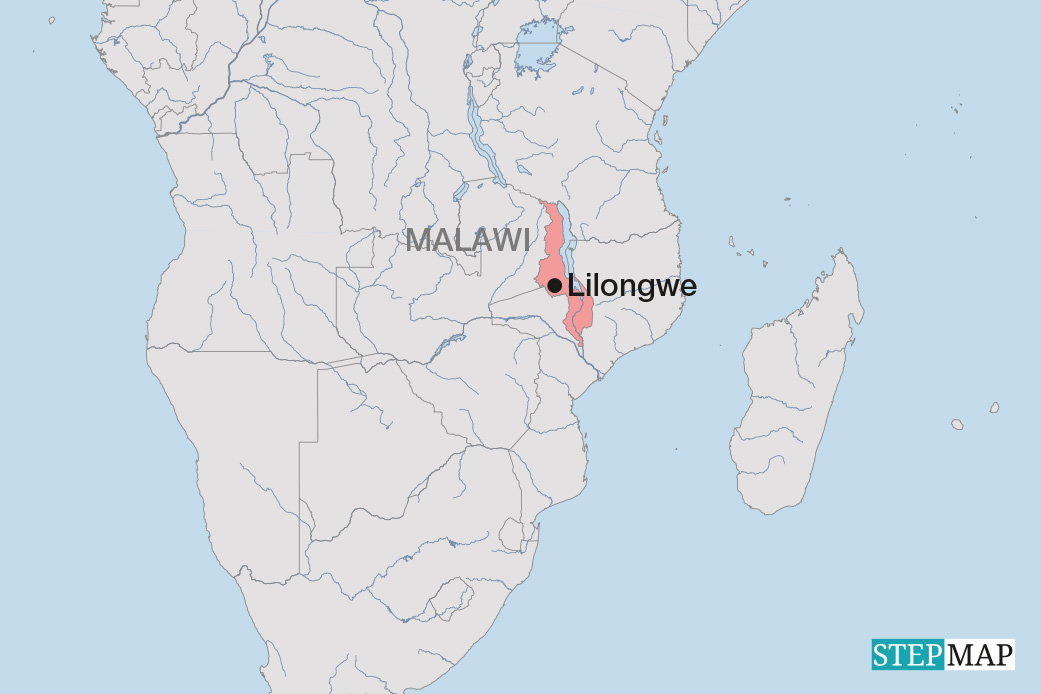Agriculture
Malawi must implement pro-women reforms to strengthen food security

Malawi continues to face a seemingly never-ending food crisis. Several factors such as the impacts of climate change and poverty contribute to this situation. However, the main reason is the repressive system that holds back women from fully and freely participating in agriculture.
55-year-old Mwambene, a rice farmer in Karonga district in northern Malawi says: “One of the reasons why women do not produce enough food is because they do not have enough land to cultivate. Most agricultural land is owned and controlled by men.”
The government of Malawi is planning to increase agricultural production. In its 2024-2030 Food Systems Strategy and Investment Plan, the country’s agricultural ministry estimates that $ 1.2 billion will be needed to transform the food systems and ensure that the country produces enough to feed its population.
Giving women full support means addressing root causes
However, without addressing the fact that women are still unable to participate fully in agriculture, the chances of succeeding are limited. The government agency must tackle the root causes of low agricultural production in the country.
Lucy Kumwenda, a farmer from the Rumphi district in northern Malawi, argues that any policy that does not give support to women to get what they need to engage in agriculture, will not bring success. “Women must participate in all the processes of the food systems which involve production, distribution, marketing and processing of agricultural products. Leaving out women will not solve the problem the sector is facing,” she says.
Supporting female farmers will provide both food security and economic development for everyone at the household level. Many women support the welfare of their families in Malawi. Empowering them with economic rights will result in better yields and more stable families.
Land reforms also need to be carried out. Few women own land. Moreover, they usually have tiny pieces which can only support subsistence agriculture. In the end, women can barely produce enough to feed their families. Additionally, with such small-sized agricultural fields, there is no chance that those women can apply for financing from banks to get farm inputs like fertiliser or high-quality seeds.
Cultural beliefs and gender roles limit women’s participation
William Chadza, executive director at Mwapata Research Institute says that it is important to “diversify food production and diets,” to transform the country’s food systems. He says that women are more willing and available to engage in agricultural production. Government policy must therefore also focus on empowering women to fully participate in production.
According to the UN, gender inequality in agriculture has a considerable impact on global food security and nutrition. Women work in all areas of the food supply chain, from production to processing and sales. However, their participation is limited by cultural beliefs that dictate gender roles.
Malawi has a strong cultural system that has disadvantaged women for generations. It is a challenge for the government to sensitise families and communities to the fact that the continued denial of land rights to women is a major contributor to the current food insecurity.
Raphael Mweninguwe is a freelance journalist based in Malawi.
raphael.mweninguwe@hotmail.com














